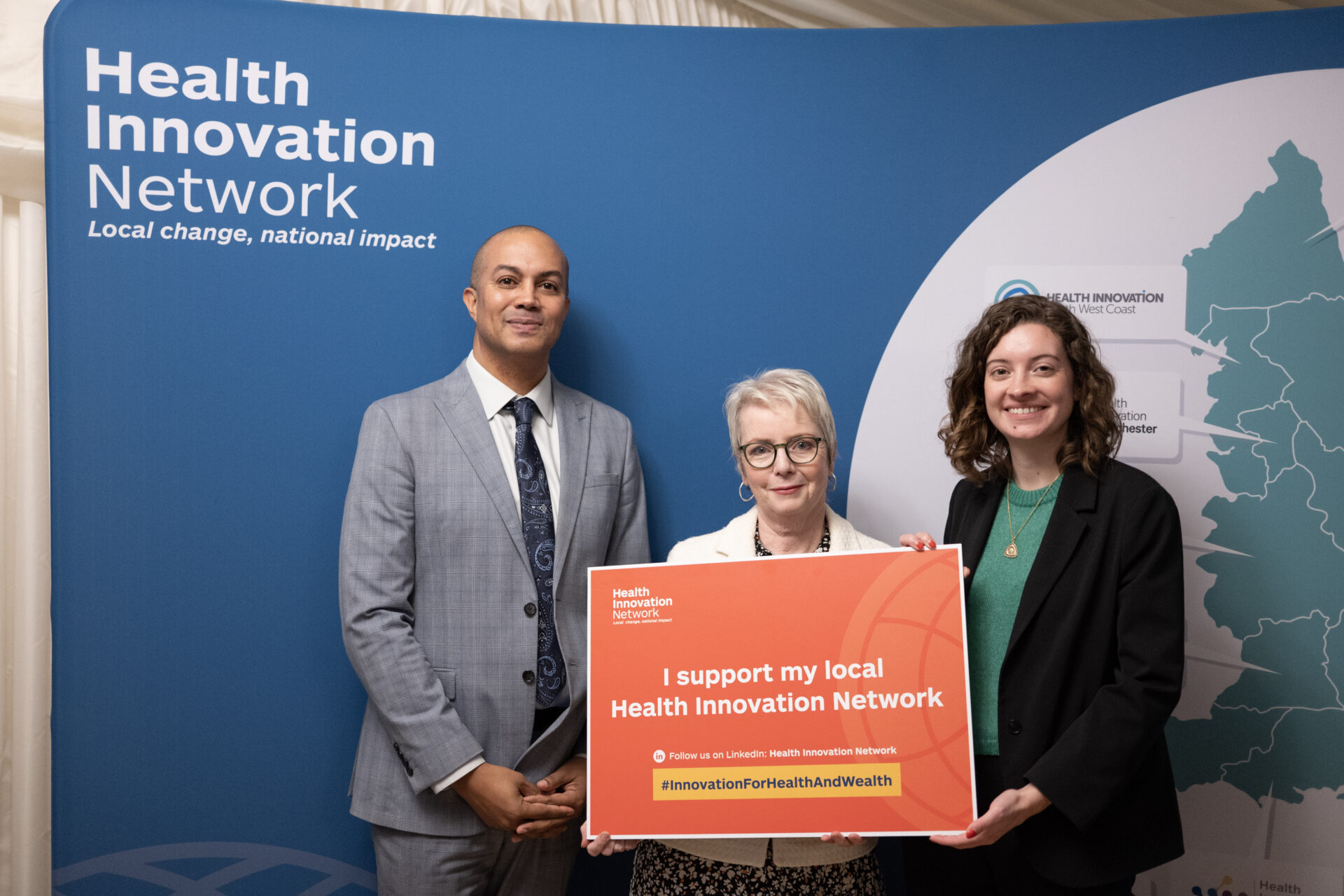The report ‘Partnering for progress: A data-driven analysis of NHS-industry partnerships, published by The Association of the British Pharmaceutical Industry (ABPI) is welcomed by the Health Innovation Network – evidencing that partnership working can improve population health and enhance healthcare experiences.
Using NHS and industry data, it aims to systematically measure how NHS-industry partnerships support improved patient outcomes.
The research, commissioned by the ABPI, found that hospitals engaging in industry partnerships are up to 2.5 times more likely to follow NICE recommendations for prescribing clinically and cost-effective medicines more closely, compared to hospitals that do not.
Appropriate use of medicines closer to NICE guidelines was, in turn, associated with better outcomes for patients in the areas of care studied, keeping their conditions under better control.
There were also early indications that partnerships in Primary Care Networks (PCNs) were associated with improved disease management, such as blood sugar and blood pressure control.
The first-of-its-kind research looked specifically at partnerships tackling cardiovascular disease, cholesterol control and diabetes, as major priority areas of care for the NHS.
While multiple factors may have contributed to the improvements in patient outcomes noted, the report suggests that partnership working is one of several indicators leading to better patient outcomes in the NHS.
The report sets out five key recommendations, which aim to further strengthen the evidence base for the impact of NHS-industry partnerships and for how such partnerships could be expanded in primary care and at system and place level:
In secondary care:
- Further research should be conducted to establish the direct causative relationship between partnership working and their impact on patient outcomes across the UK, as well as the improvements they may bring to NHS operational efficiencies.
In primary care:
- The scale of partnerships taking place in primary care should be increased, to address unwarranted variations in the prescribing of clinically and cost-effective medicines.
- Partnerships in primary care settings should also be considered to help to identify at-risk patients, initiate treatment, rapid diagnosis, improve chronic disease management and ultimately deliver better health outcomes and reduce health inequalities.
At system and place level:
- To strengthen the impact of NHS-Industry partnerships, industry stakeholders and NHS leaders should regularly monitor collaborations documented in the ABPI’s Library of Case Studies to scale the most impactful projects.
Nationally
- The Innovation Scorecard Estimates Report is an important resource for improved support in identifying areas where prescribing for some indications is misaligned with NICE recommendations. This dataset should be expanded to enable the identification of more indications at all relevant geographic levels. This will allow for improvements in the visibility of local variation.
The NHS Confederation and the ABPI have been working with industry and system leaders to understand how to make the potential of NHS-industry partnerships a reality. Accelerating Transformation: How to Develop Effective NHS-Industry Partnerships, is a practical, step-by-step guide to help the NHS and industry develop, contract, implement, and measure partnerships more easily.

Join us on 11 and 12 June in Manchester to find out how the Health Innovation Network is improving health and driving wealth through health innovation. This year we’ll be joined on our stand by 18 Network-supported innovators, showcasing innovations which are helping to deliver the Government’s three shifts for the NHS and solve some [...]

The Health Innovation Network is delighted to announce the launch of Innovation Insights, a brand-new webinar series designed to highlight the latest in health innovation, offering attendees valuable insights into the adoption and spread of innovation within the health and care landscape. Each interactive webinar will feature: Expert presentations: Delivered by thought leaders across [...]

The Health Innovation Network, at an event sponsored by Sarah Coombes MP, brought together parliamentarians including Health Minister Karin Smyth MP and Chair of the Science, Innovation and Technology Committee, Chi Onwurah MP to meet with six innovators supported by health innovation networks across the country and their NHS partners. At the Meet the Innovators: [...]






